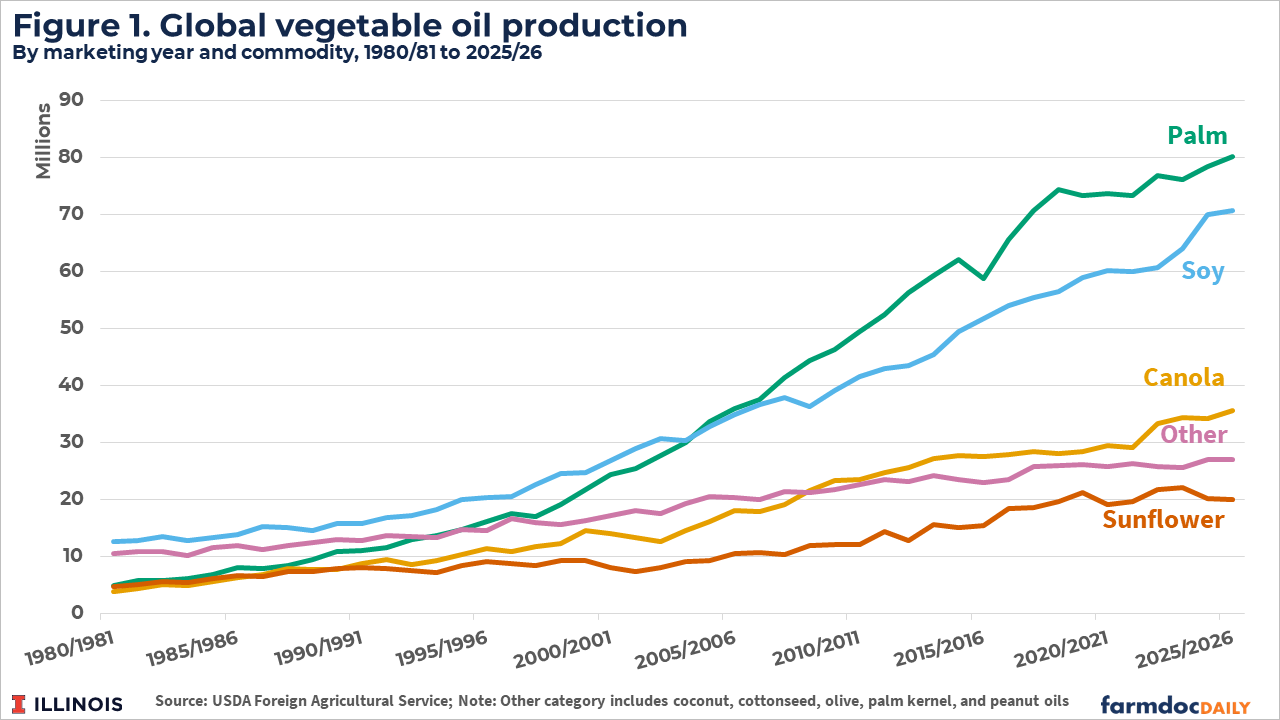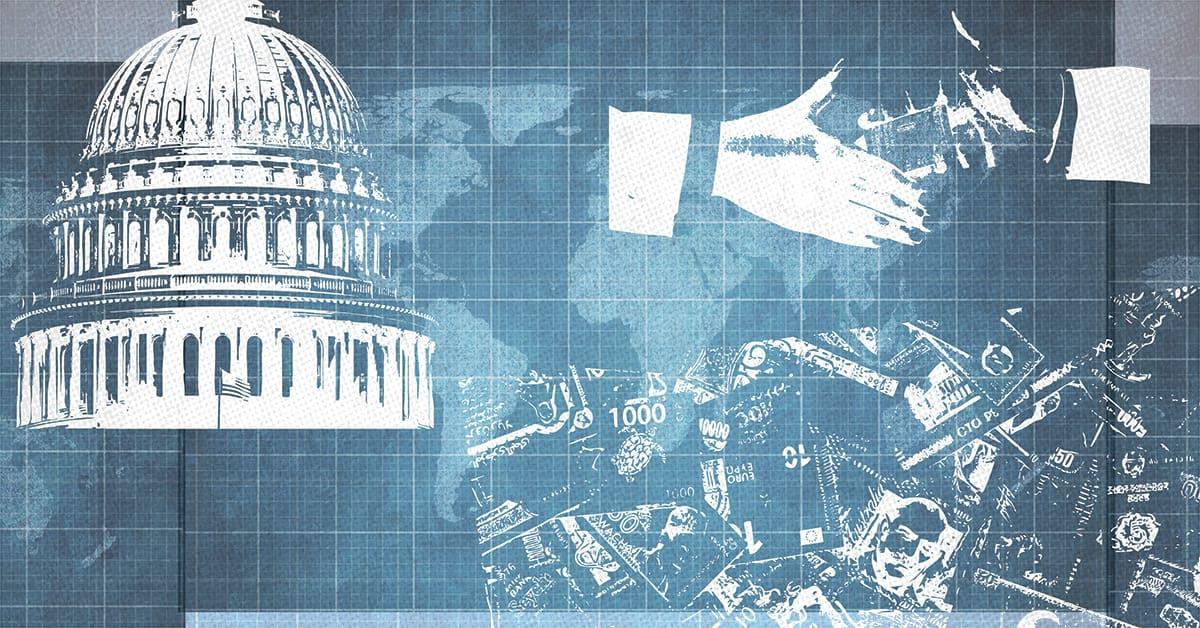Mark Drumbl Appointed Editor-in-Chief of the International Criminal Law Review – Washington and Lee University

Report on New Leadership at the International Criminal Law Review and Alignment with Sustainable Development Goals
Appointment and Institutional Background
Effective September 1, 2025, Mark Drumbl, the Class of 1975 Alumni Professor of Law and Director of the Transnational Law Institute at Washington and Lee University School of Law, was appointed Editor-in-Chief of the International Criminal Law Review. The Netherlands-based, peer-reviewed journal is a significant platform for scholarship in international criminal justice and related fields.
Strategic Vision and Contribution to SDG 16: Peace, Justice and Strong Institutions
The core mission of the International Criminal Law Review directly supports the objectives of Sustainable Development Goal 16, which aims to promote peaceful and inclusive societies, provide access to justice for all, and build effective, accountable, and inclusive institutions. The journal’s focus areas are central to achieving these targets:
- International criminal justice
- Atrocity law
- Penal law
- Transitional justice
Under the new leadership, the journal’s mandate will expand to enhance its contribution to SDG 16. The strategic vision includes broadening its scope beyond doctrinal analysis to explore institutional practices, procedural dynamics, and the interplay of diverse legal traditions. This approach will strengthen the academic foundations necessary for building robust and just legal institutions globally.
Enhancing Inclusivity and Education in Support of Key SDGs
The new editorial direction promotes several other Sustainable Development Goals, focusing on education, equality, and reduced inequalities.
- SDG 4 (Quality Education): The initiative will provide select students from Washington and Lee University with the opportunity to participate in the editorial and finalization processes. This practical engagement offers high-quality training and skills development in international law, contributing directly to Target 4.7 by equipping learners with the knowledge needed to promote a global culture of peace and justice.
- SDG 5 (Gender Equality) and SDG 10 (Reduced Inequalities): The commitment to welcoming “newer voices” to the Board of Editors and exploring “overlooked histories” and “diverse legal traditions” actively supports the principles of inclusivity. This strategy helps to reduce inequalities within legal academia by providing a platform for underrepresented perspectives and scholarship, which is essential for achieving gender equality and ensuring a more equitable and comprehensive understanding of global justice.
- SDG 17 (Partnerships for the Goals): The journal serves as a critical vehicle for global partnership, uniting scholars, practitioners, and institutions in a shared mission to advance knowledge on international justice. This collaborative effort is fundamental to strengthening the global partnership for sustainable development.
Analysis of the Article in Relation to Sustainable Development Goals
1. Which SDGs are addressed or connected to the issues highlighted in the article?
-
SDG 16: Peace, Justice and Strong Institutions
- The article is centered on the International Criminal Law Review, a journal whose core mission is to publish scholarship on “international criminal justice, atrocity law, penal law, and transitional justice.” This directly contributes to the global discourse and understanding of justice and the rule of law, which are central tenets of SDG 16. The journal itself acts as an institution strengthening the field of international law.
-
SDG 4: Quality Education
- The article explicitly states that “Select W&L students will also have the opportunity to participate in the editing and finalization of submissions.” This provides students with high-quality, specialized vocational training and practical experience in the legal field, aligning with the goal of providing inclusive and equitable quality education and lifelong learning opportunities.
-
SDG 17: Partnerships for the Goals
- The journal is described as having “global reach” and serves as a “widely respected venue for cutting-edge scholarship.” By facilitating the sharing of knowledge and expertise among academics, practitioners, and policymakers worldwide, it embodies the spirit of global partnership for sustainable development, specifically in the area of strengthening justice systems.
2. What specific targets under those SDGs can be identified based on the article’s content?
-
Targets under SDG 16 (Peace, Justice and Strong Institutions)
- Target 16.3: Promote the rule of law at the national and international levels and ensure equal access to justice for all. The journal’s focus on international criminal law and justice directly supports the promotion and development of the rule of law at the international level.
- Target 16.6: Develop effective, accountable and transparent institutions at all levels. The journal contributes to this target by being a peer-reviewed, transparent academic institution. Furthermore, its plan to broaden its scope to include exploring “institutional practices” indicates a direct focus on analyzing the effectiveness and accountability of legal institutions.
- Target 16.a: Strengthen relevant national institutions, including through international cooperation, for building capacity… to prevent violence and combat… crime. The scholarship published in the review serves as a form of international cooperation that disseminates knowledge and expertise, thereby helping to build intellectual and practical capacity in the legal field globally.
-
Targets under SDG 4 (Quality Education)
- Target 4.4: By 2030, substantially increase the number of youth and adults who have relevant skills, including technical and vocational skills, for employment, decent jobs and entrepreneurship. The opportunity for students to participate in the editing process provides them with relevant, high-level skills directly applicable to careers in law and academia.
- Target 4.7: By 2030, ensure that all learners acquire the knowledge and skills needed to promote sustainable development, including… promotion of a culture of peace and non-violence, global citizenship… The content of the journal, focusing on justice for atrocities and international criminal law, is a key educational resource for promoting a culture of peace, non-violence, and global citizenship.
-
Targets under SDG 17 (Partnerships for the Goals)
- Target 17.16: Enhance the Global Partnership for Sustainable Development, complemented by multi-stakeholder partnerships that mobilize and share knowledge, expertise… The International Criminal Law Review functions as a partnership platform for a global community of scholars and legal experts to share knowledge and advance the field of international justice.
3. Are there any indicators mentioned or implied in the article that can be used to measure progress towards the identified targets?
-
Indicators for SDG 16
- Implied Indicator for Target 16.3: The volume and impact of published research on international criminal law and justice. The article refers to the journal as a “widely respected venue for cutting-edge scholarship,” implying that the quantity and quality of its publications are a measure of its contribution to the rule of law.
- Implied Indicator for Target 16.6: The diversity of the journal’s editorial board. The article’s statement that the review “will also welcome newer voices onto its Board of Editors” implies that progress can be measured by tracking the inclusion of diverse and new members, enhancing the institution’s inclusivity.
-
Indicators for SDG 4
- Implied Indicator for Target 4.4: The number of students participating in the editing and finalization of submissions. The article explicitly creates this opportunity, and tracking the number of student participants would be a direct measure of its impact on skills development.
-
Indicators for SDG 17
- Implied Indicator for Target 17.16: The geographical diversity of authors, editors, and subscribers. The journal’s “global reach” can be quantified by analyzing the origins of its contributors and readership, which would serve as an indicator of its success as a global knowledge-sharing partnership.
4. Summary Table of SDGs, Targets, and Indicators
| SDGs | Targets | Indicators (Implied from the Article) |
|---|---|---|
| SDG 16: Peace, Justice and Strong Institutions |
|
|
| SDG 4: Quality Education |
|
|
| SDG 17: Partnerships for the Goals |
|
|
Source: columns.wlu.edu

What is Your Reaction?
 Like
0
Like
0
 Dislike
0
Dislike
0
 Love
0
Love
0
 Funny
0
Funny
0
 Angry
0
Angry
0
 Sad
0
Sad
0
 Wow
0
Wow
0








































































